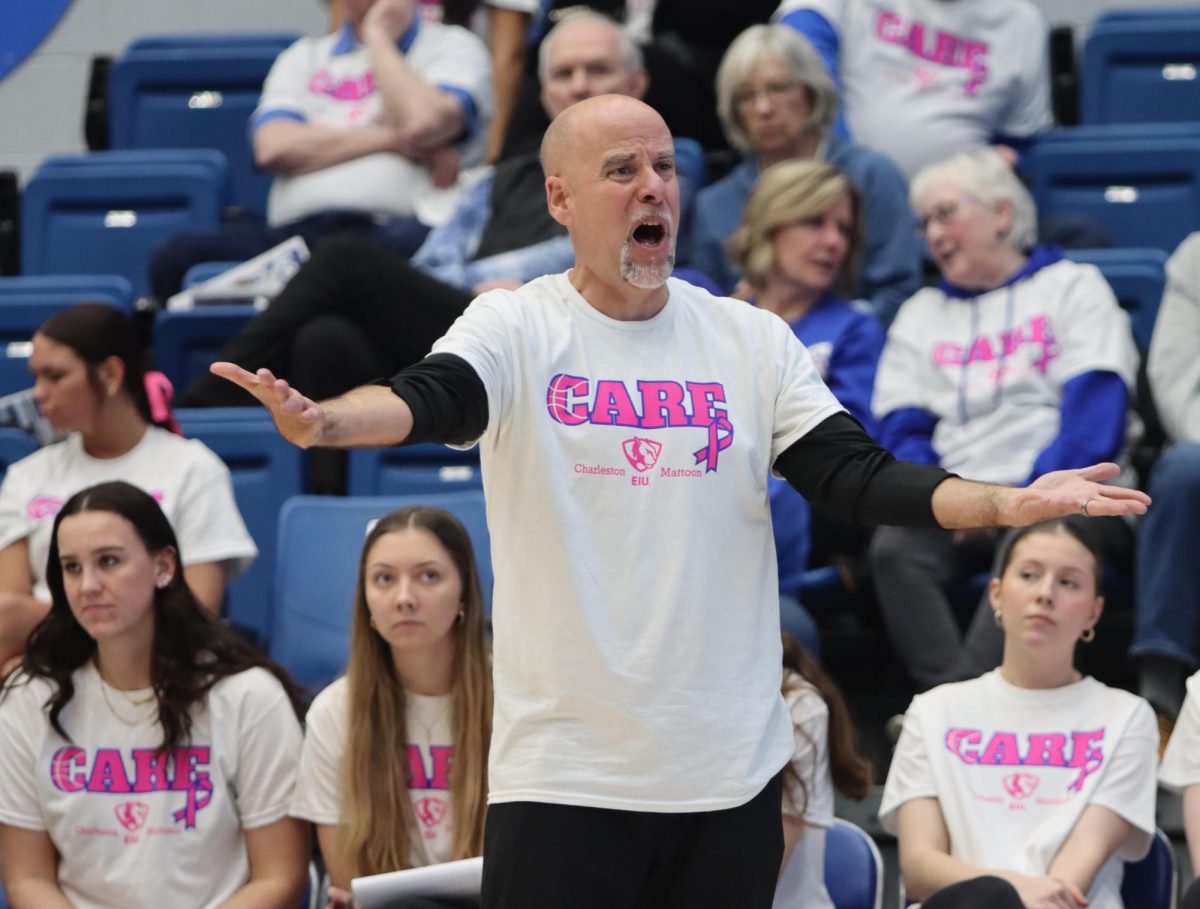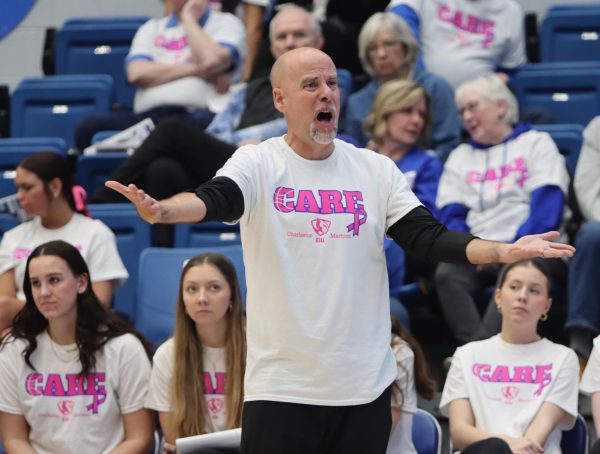Column: Don’t ask, who cares?
The first time I heard about “Don’t Ask, Don’t Tell,” I was watching “The Real World: New Orleans.”
One of the men on the show, Danny Roberts, was dating a man, Paul Dill, who was currently serving in the military. Dill’s face was blurred out and his voice was changed so he couldn’t be identified while he visited Roberts on the show, and could only be referenced by his first name.
I was in junior high school at the time, and I couldn’t understand the reasoning behind not showing Dill’s face. I kept thinking to myself “Why does it matter? So what if he’s gay?”
I didn’t really consider DADT again until my friend Krystal had me watch the now-canceled television show “The L Word.”
“The L Word” was about a group of friends and their changing relationships with one another. The majority of them also happen to be lesbians.
In one of the later seasons of the show, the character Alice was dating another woman, Tasha, who was a military police officer in the Army National Guard.
Tasha was eventually discharged for admitting her homosexuality.
Discharging gay servicemen has been in effect since 1916 under neutral blue discharges. This changed in 1947, and these discharges were considered “general” and “undesirable.” This meant that a service member found to be gay but had not committed any gay acts while in service would receive an undesirable discharge. Those who performed gay acts while in service were given dishonorable discharges.
DADT was enacted during the Clinton administration on Dec. 21, 1993. It focused on homosexual conduct rather than sexual orientation, and said military applicants could not be asked what their sexual orientation is.
The initial intention of DADT was to protect gays in the military, citing the case of Allen R. Schindler, Jr., a navy radioman who was brutally murdered by his shipmate, Terry M. Helvey.
Schindler, a Chicago Heights native, was killed in a public bathroom in Japan by Helvey because he was gay. In the trial that followed, Navy investigator Kennon F. Privette quoted Helvey as saying: “I don’t regret it. I’d do it again. … He deserved it.”
During President Obama’s State of the Union address a few weeks ago, he said he wants to finally repeal DADT, saying the law denies gay Americans the right to serve the country they love.
I am 100 percent for the repeal of DADT. The only thing it did was force gays in the military to go even deeper into the closet, forcing them to publicly deny who they are.
Our society tells us from birth that we can do anything we have a passion for, and we should strive to overcome any obstacles to fulfill what we believe to be our destiny.
Any person can feel a calling to serve his country, regardless of race, sex or sexual orientation. Taking away someone’s right to be who he is and do what he is passionate about is un-American.
So why, in our American military, are we denying people their American rights?
Racial segregation in the military ended during the Civil Rights movement. Women are now able to serve aboard Navy submarines. Why not give gays the rights that every other American has to serve and protect the country they love?
Sarah Jean Bresnahan is a senior journalism major and can be reached at 581-7942 or [email protected].












































